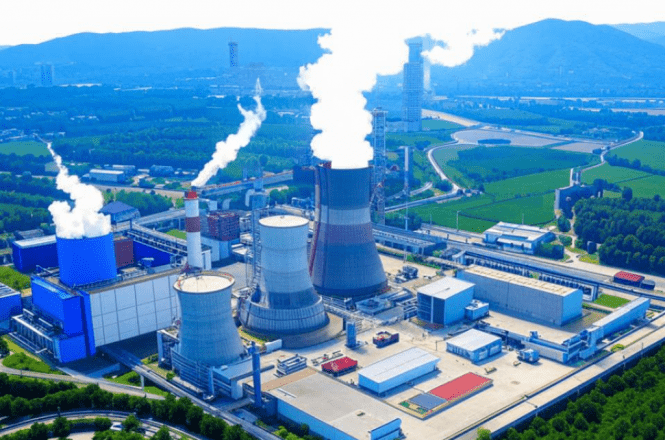 A partnership of major investors to boost AI infrastructure
A partnership of major investors to boost AI infrastructure
AI becomes an integral part of our lives, and its continued development requires more and more resources. A group of transnational companies, including BlackRock, Microsoft, Global Infrastructure Partners (GIP), and MGX, has launched the Global AI Infrastructure Investment Partnership (GAIIP), which aims to invest up to $100 billion into AI infrastructure, with the first iteration involving $30 billion. This initiative seeks to supply to the increasing demand for computing power and energy sources. Geographically, the investors focus on the US and its partner countries.
GAIIP will primarily fund new and aid in expansion of the existing data centers (relying, inter alia, on NVIDIA’s expertise), and invest in energy infrastructure projects essential for those facilities. The partnership sees the fruit of its effort available to a wide range of diverse companies through the open architecture.
AI in real everyday life today
Artificial intelligence has actually been used for tasks that affect the lives of millions and billions of people for longer than you think. In healthcare, which still seems to be the frontier field in terms of AI adoption, the first system that accepted input, processed it, and produced treatment suggestions was built in the early 1970s at Stanford University. It was called MYCIN, and it helped practitioners diagnose bacterial infections and select antibiotics based on patient data.
Currently, the two other fields that AI transforms to the benefit of us all are manufacturing and transportation. The former sees its processes streamlined end-to-end, the latter enjoys optimization like never before. As a result, prices go down. Well, they would have, if not for other factors, so we can say that AI at least slows down price hikes.
Overall, AI's impact spans across multiple sectors, driving innovation and reshaping traditional business models. Everywhere there’s a need to analyze enormous amounts of data and produce conclusions and suggestions, artificial intelligence excels, doing the job several orders of magnitude faster than men (this is not an exaggeration) and sometimes arriving at unexpected results (see the case of new materials).
Another interesting sphere where AI is expected to shine in the next decade or so is city management. Smart traffic lights, energy distribution, utilities allocation etc. — artificial intelligence is already there, improving the situation, and it may well get much better.



